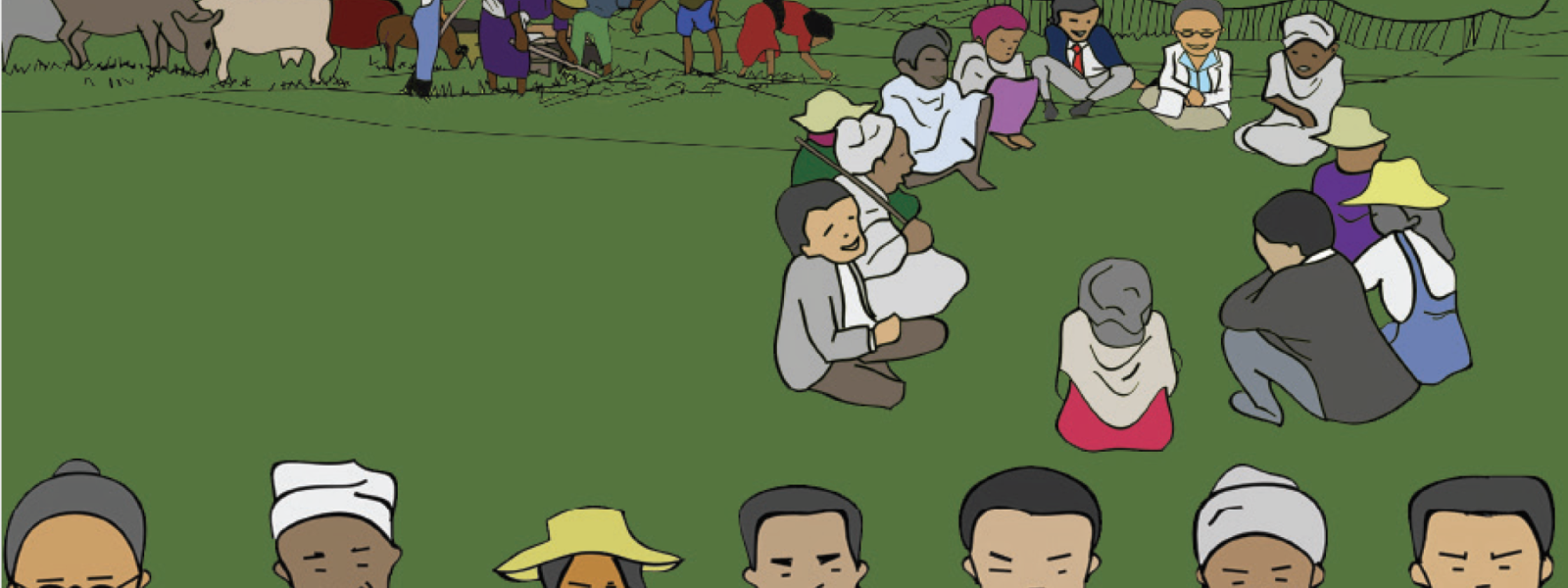Guidelines are helping the agricultural research for development sector to rethink how and when to use ‘innovation platforms’ to most effectively develop and scale technologies.
Innovation platforms are increasingly used in agricultural research for development initiatives to help researchers, farmers, food processors, government officials and other actors design effective innovations. An innovation platform is a group of individuals and organizations with different backgrounds, expertise and interests who come together to diagnose problems, identify opportunities, and find ways to achieve their goals. They may design and implement activities together or as individual members.
Based on early successes, innovation platforms are now being used widely in agricultural research for development to test local innovations and take them to scale at the national level by increasing the collaboration, exchange of knowledge and influence mediation among stakeholders. However, these cases often involved highly motivated people in well-supported initiatives.
“Innovation platforms are fast becoming part of the mantra of agricultural research for development projects and programs. However, innovation platforms run the risk of being promoted as a panacea for all problems in the agricultural sector. Recent studies have shown that there are some practical limitations that must be considered, which led us to develop a set of guidelines on how to best use innovation platforms,” said Marc Schut, social scientist at the International Institute of Tropical Agriculture and Wageningen University, and the leader of RTB’s Flagship Project 5.
 Continue reading the story in the RTB 2017 Annual Report: From science to scaling.
Continue reading the story in the RTB 2017 Annual Report: From science to scaling.
